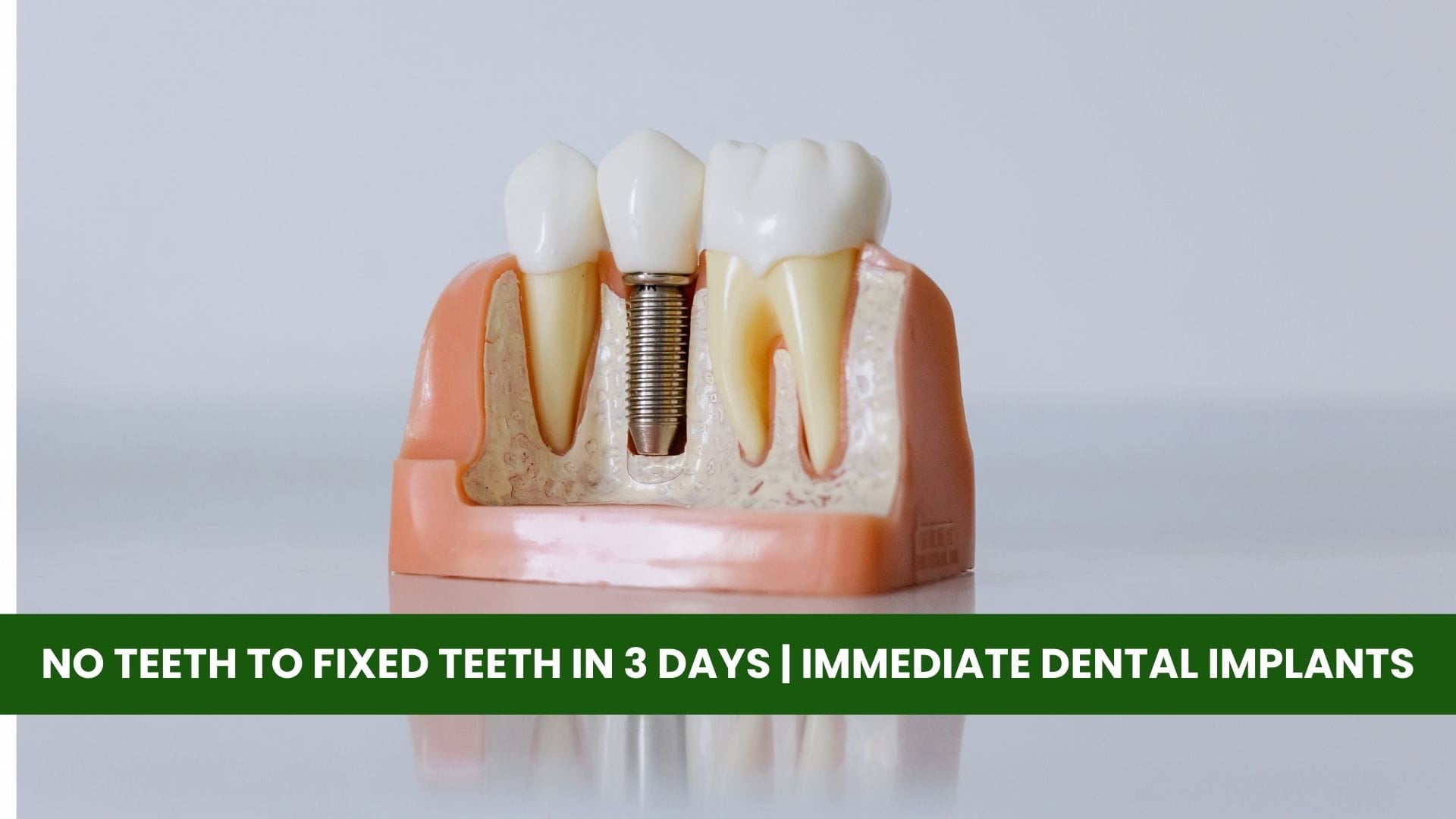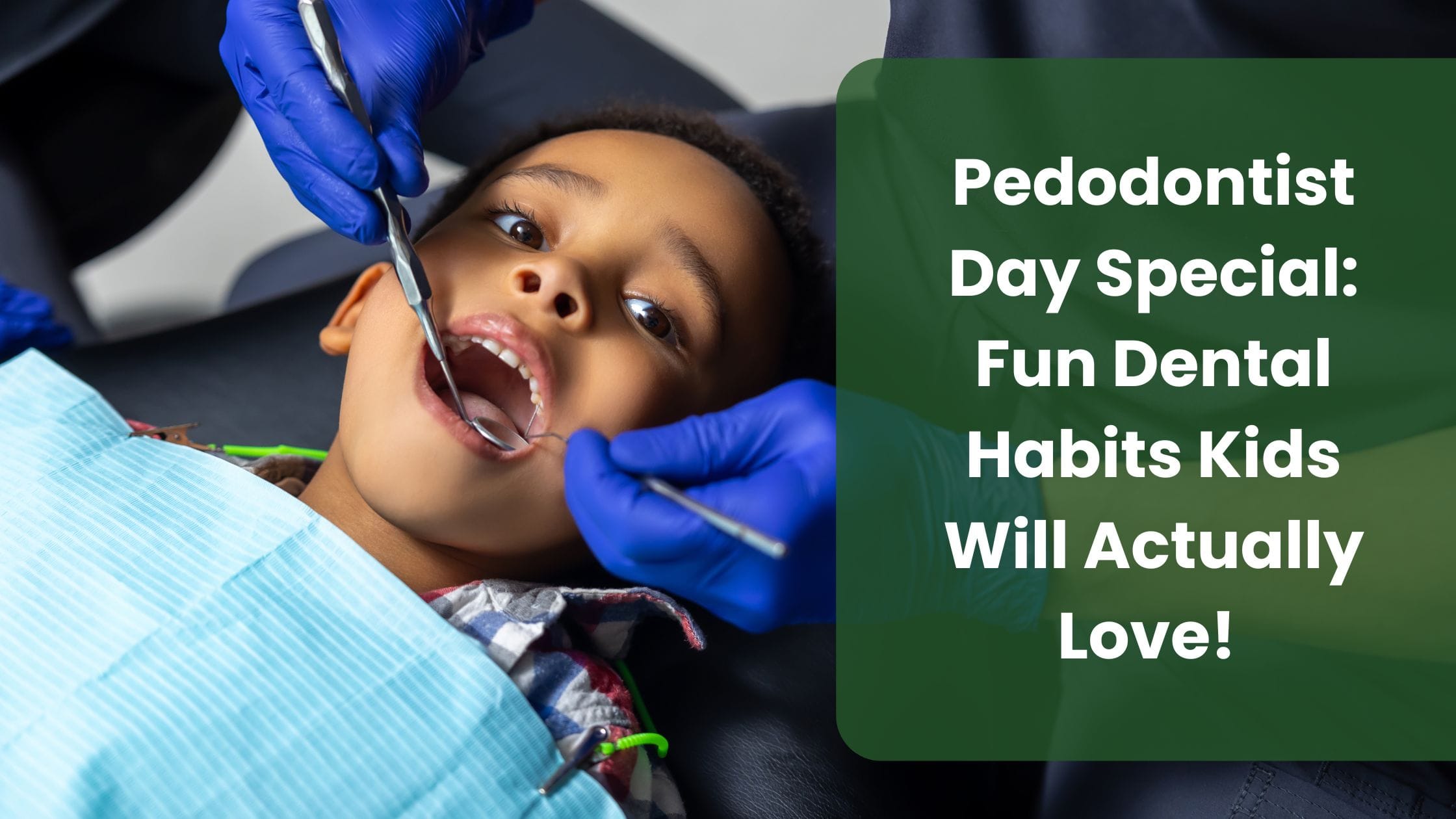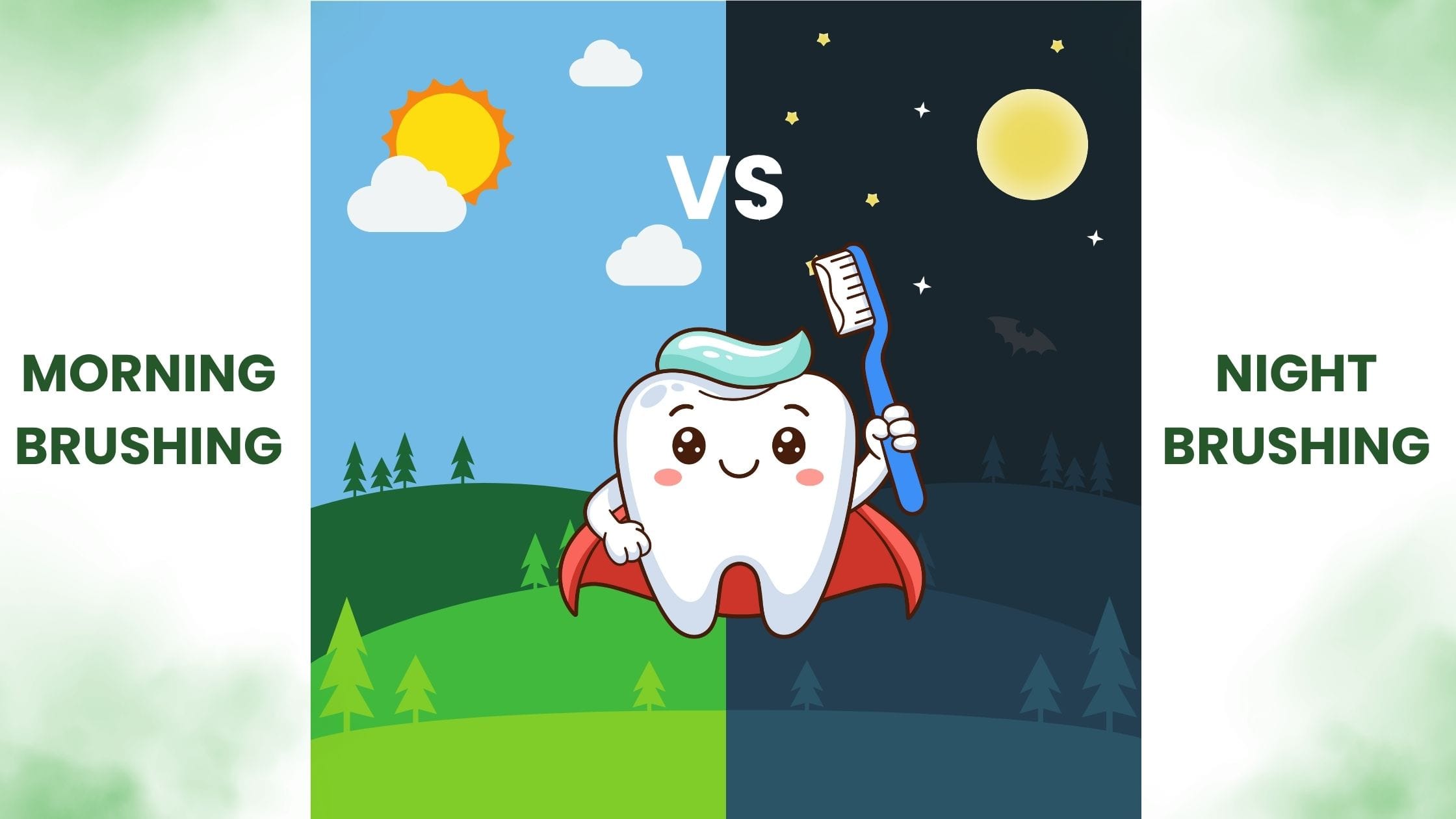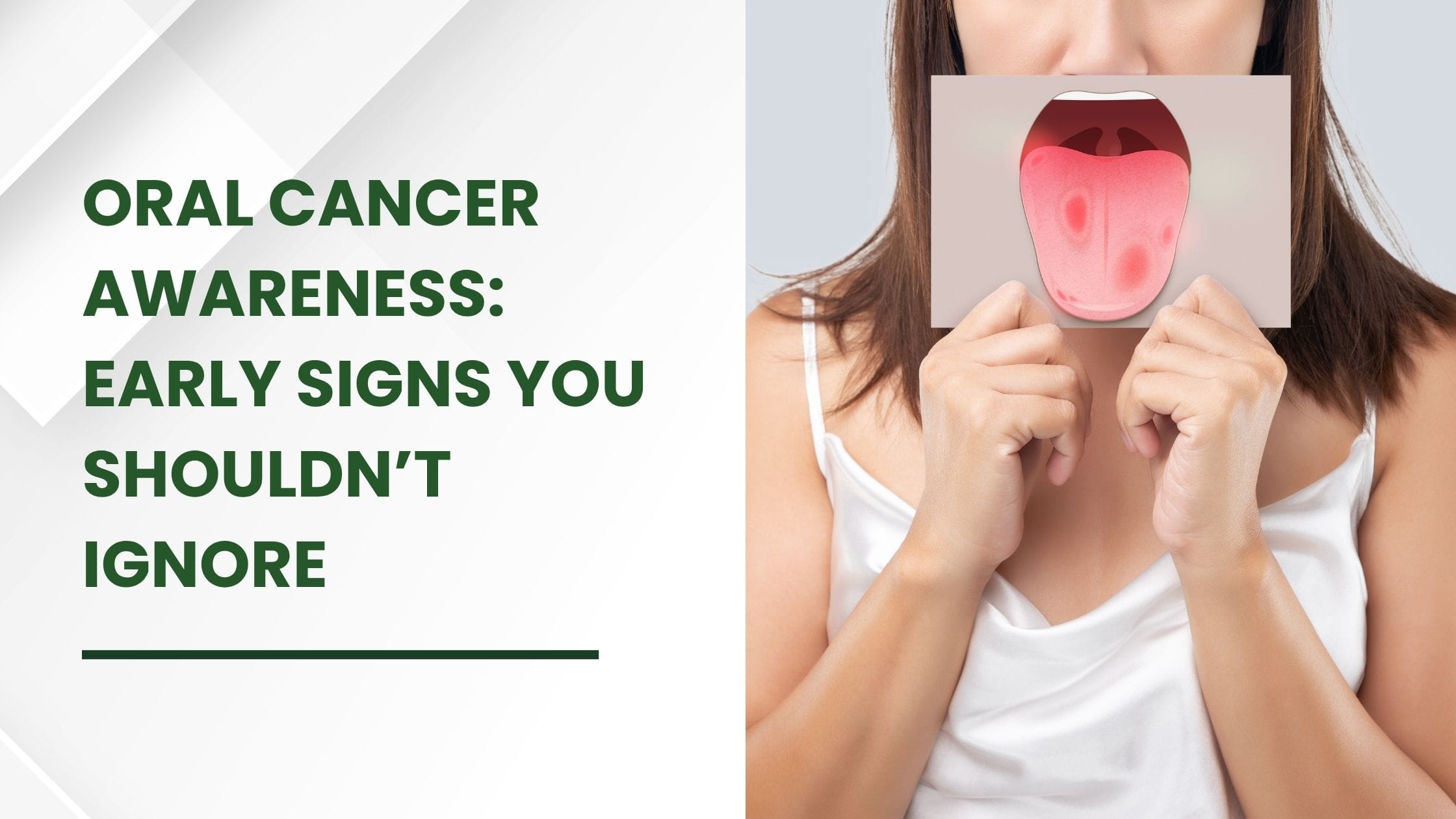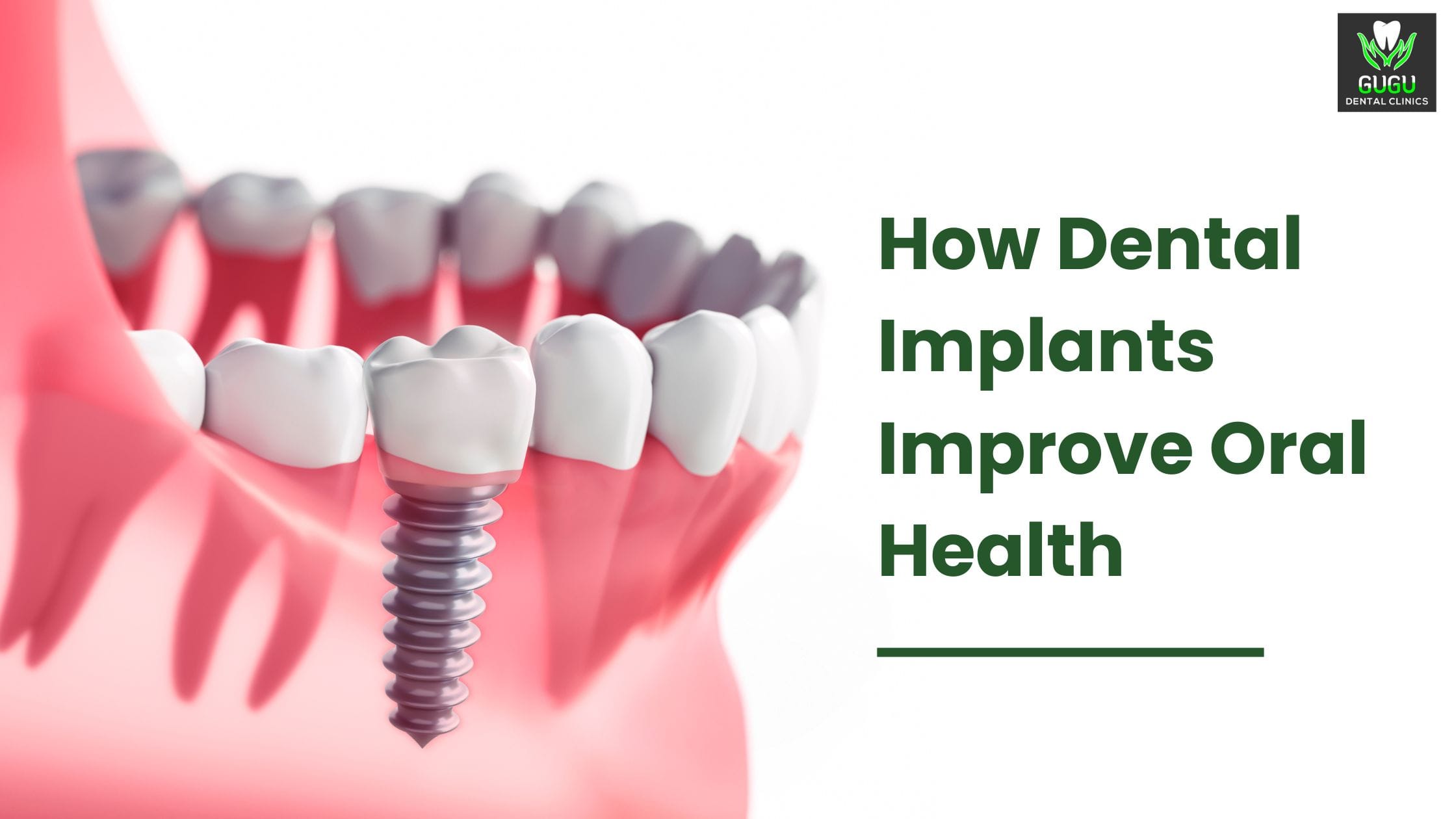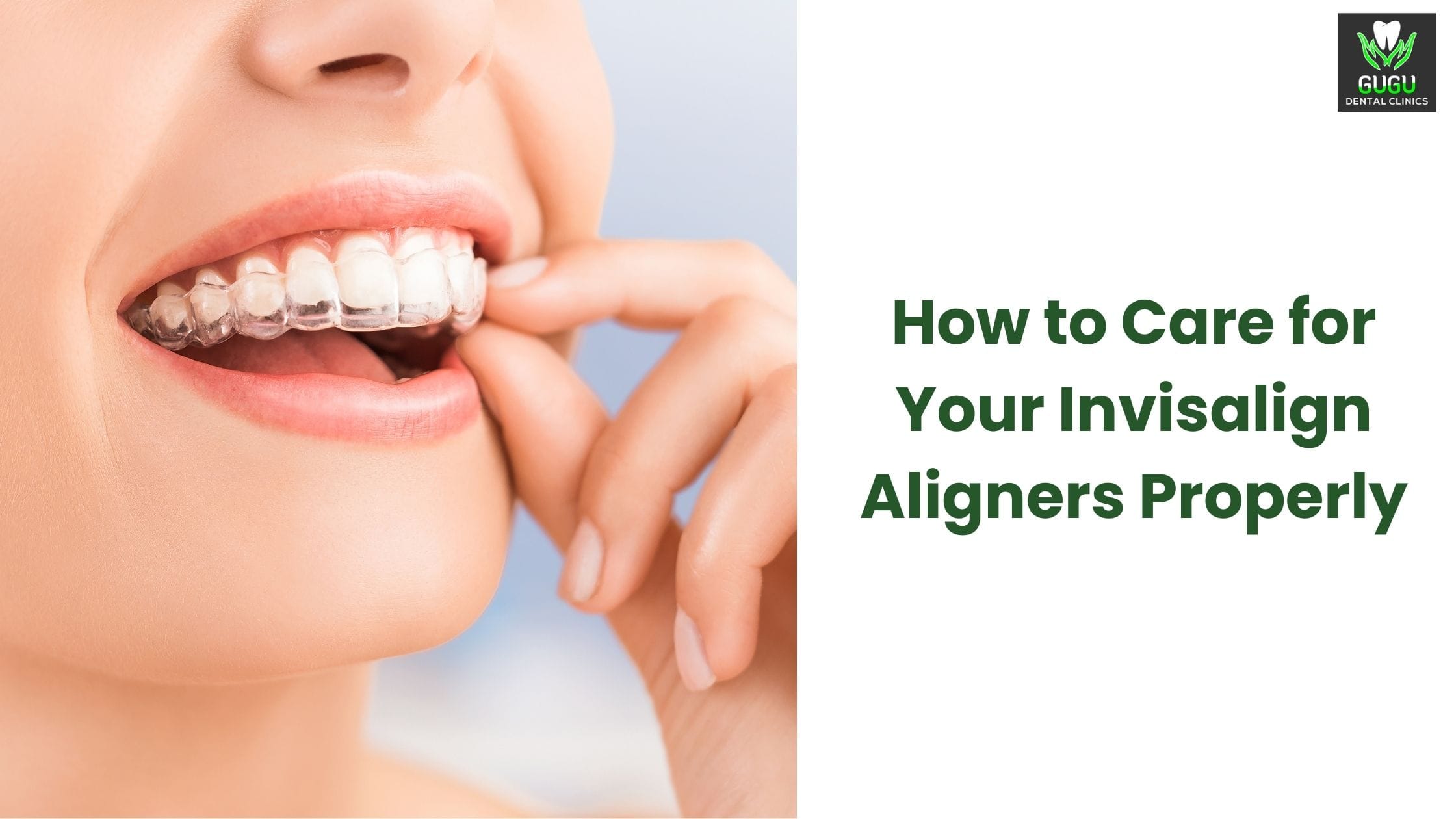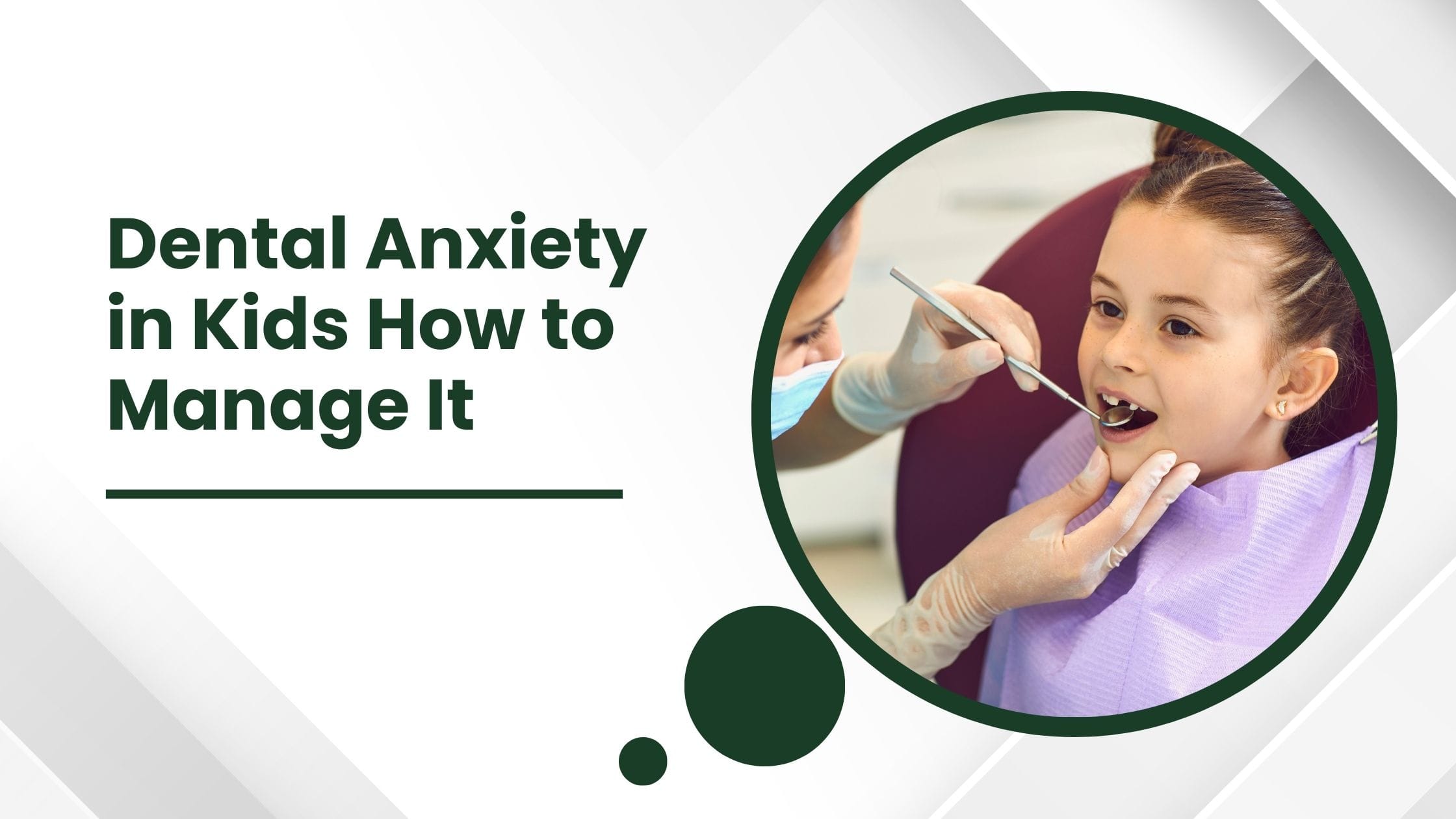Maintaining actual oral hygiene is important for a healthy smile and normal
well-being. Most human beings wish to comb two times an afternoon; however, brushing alone cannot easily reach every space of your tooth. The tight areas among your enamel and underneath your gum line frequently trap food debris and bacteria. This is where flossing comes in. If you skip dental floss, the time has come to understand the benefits of dental floss and why it should be a non-conversion part of your simple recurrent dental care.
What is flossing?
Flossing is a significant dental hygiene exercise where cleaning the areas between the teeth and along the gumline is done with a thin thread called dental floss. These are areas that your toothbrushes cannot reach. By pulling the food debris and plaque that are stuck in these tight spots, allowing dental floss, cavities, and prevention of horrible breathing. Including dental floss in an everyday routine guarantees suitable oral care and promotes long-term fitness.
Why is flossing important?
Even the excellent toothbrush cannot attain every corner of your mouth. Flossing easily enables the hidden areas wherein microorganisms thrive. When bacteria accumulate among teeth, they form plaque that may harden into tartar. If tartar is not eliminated, it could lead to gum infection and enamel decay.
Top Benefits of Flossing Teeth
Here are the principal blessings of flossing teeth and why you ought to by no means bypass it:
1. Removes Plaque and Prevents Tartar Build-up
Plaque is a sticky film of microorganisms that continuously proliferates on your enamel. If not removed now, it hardens into tartar that could be removed by a dentist. Flossing each day allows you to remove plaque earlier than it will become tartar.
2. Prevents Gum Disease
One of the most important intentions is to use dental floss to prevent gum disease (gingivitis and periodontitis). Flossing removes microorganisms and particles well from the gums and keeps the gums healthy.
3. Reduces Bad Breath
Bad breath is often a result of leftover meal particles and microorganisms hiding amongst teeth. Flossing clears those regions, helping you maintain fresh breath.
4. Helps Prevent Cavities
Cavities are often made in places where your toothbrush cannot reach teeth. Flossing cleans the hidden places, the chances of tooth decay decrease, and excessively priced dental drugs.
5. Supports Overall Health
Research shows a connection between gum disease and extreme health situations consisting of coronary heart ailments and diabetes. By flossing, you’re now not only handily shielding your smile, but you can also be helping your normal health.
How Often Should You Floss?
The dentists endorse dental floss as a minimum as soon as a day, preferably before bedtime. It keeps your mouth easy in a single day and forestalls microorganisms from affecting your enamel and gums while you sleep.
What Happens If You Don’t Floss?
Skipping flossing can lead to:
- Gum bleeding and swelling
- Tooth decay between teeth
- Persistent bad breath
- Advanced gum disease that may require expensive treatments
conclusion
Flossing is a slight addiction with an excellent advantage. It increases the consequences of brushing, protects the gums, prevents cavities, and holds the breath fresh. Floss, and your gums will thank you through life every day as part of your simple oral care.


